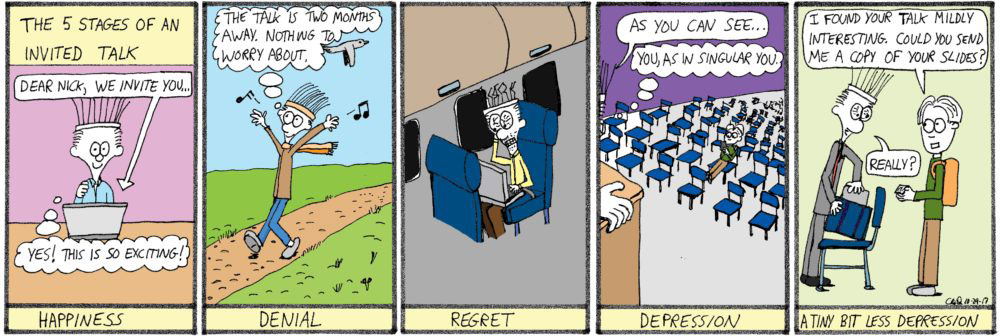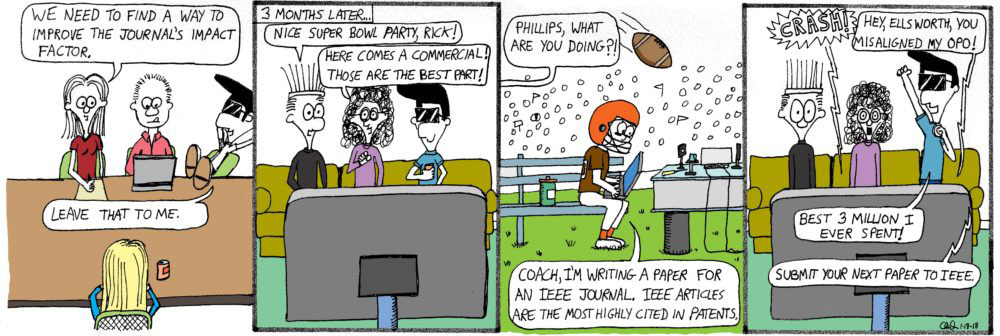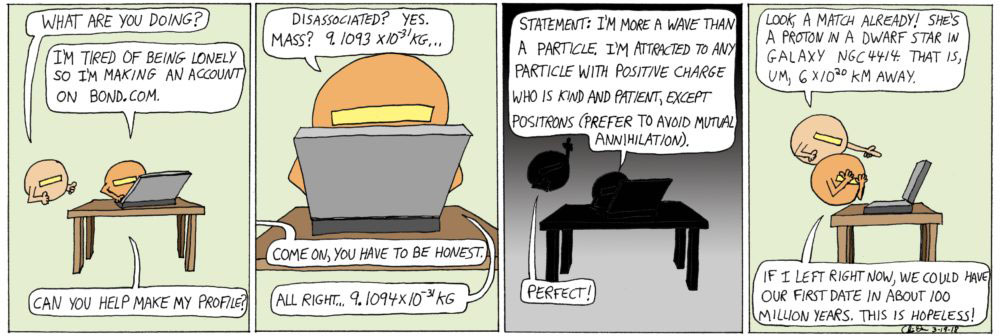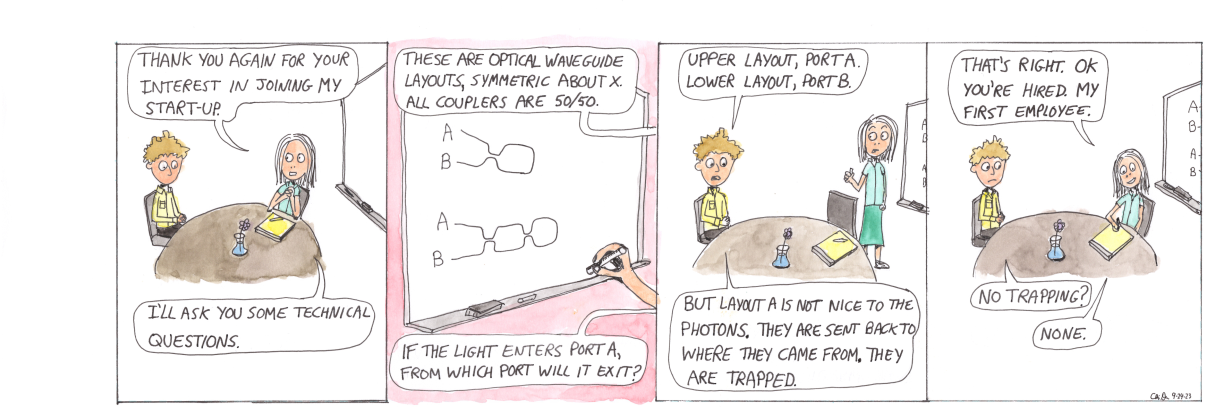Home / Society Newsroom








LOOKING FOR SOCIETY ANNOUNCEMENTS?
For the latest updates on publications, conferences, and award press releases, visit our announcements page.






© Copyright 2024 IEEE — All rights reserved. A not-for-profit organization, IEEE is the world’s largest technical professional organization dedicated to advancing technology for the benefit of humanity.